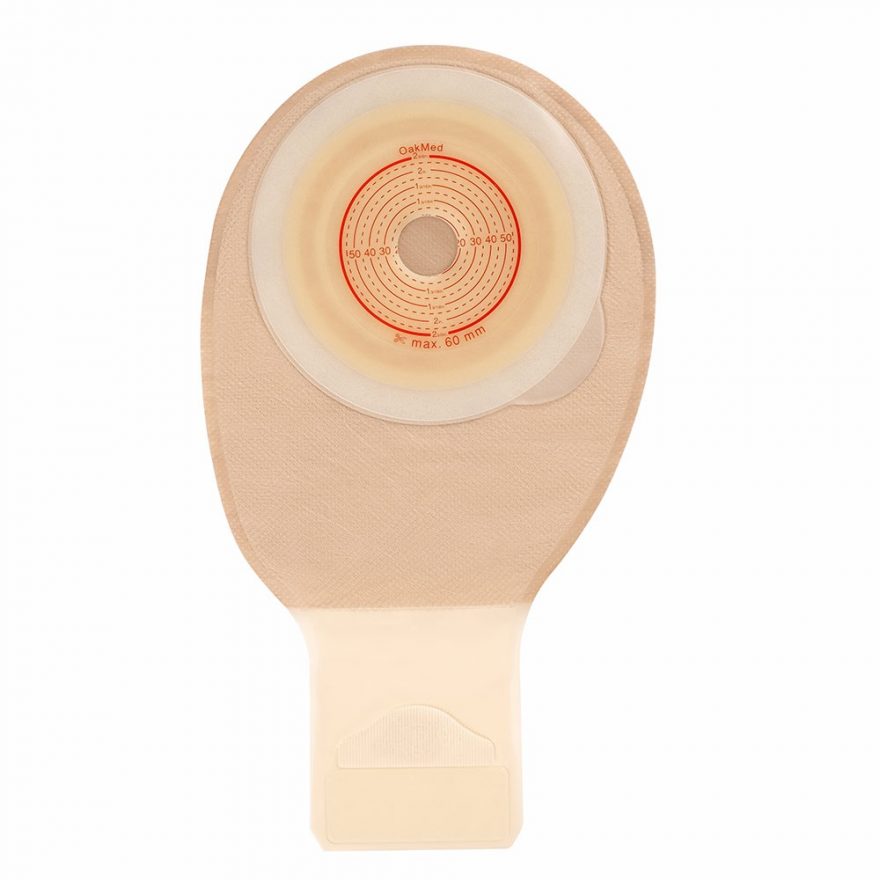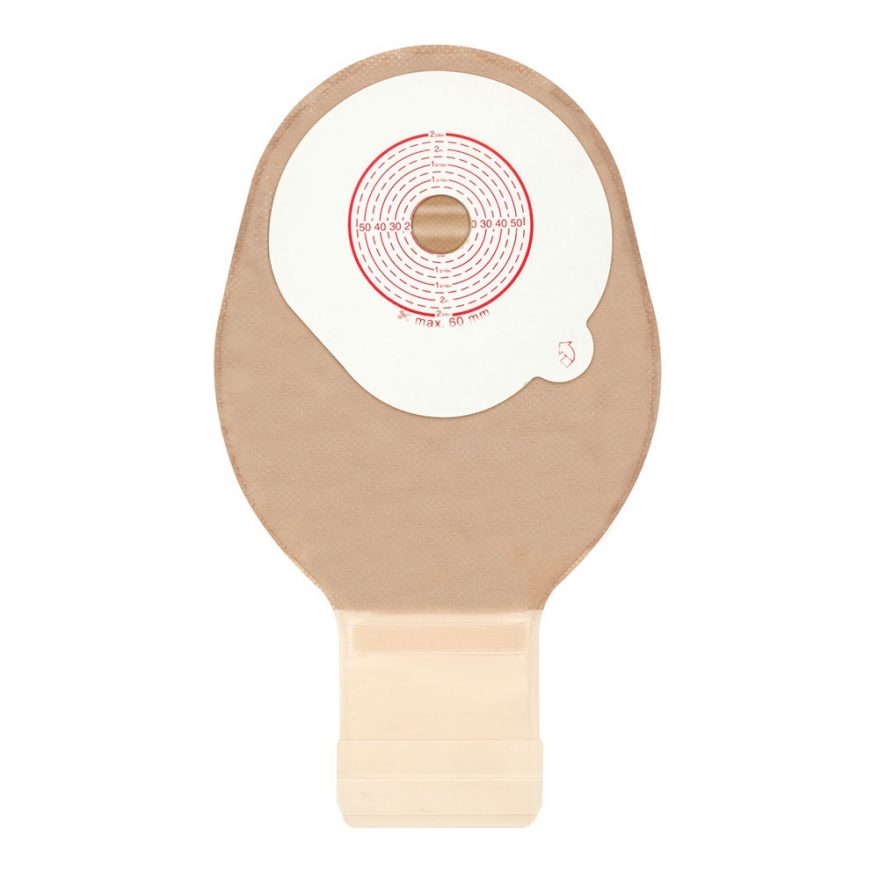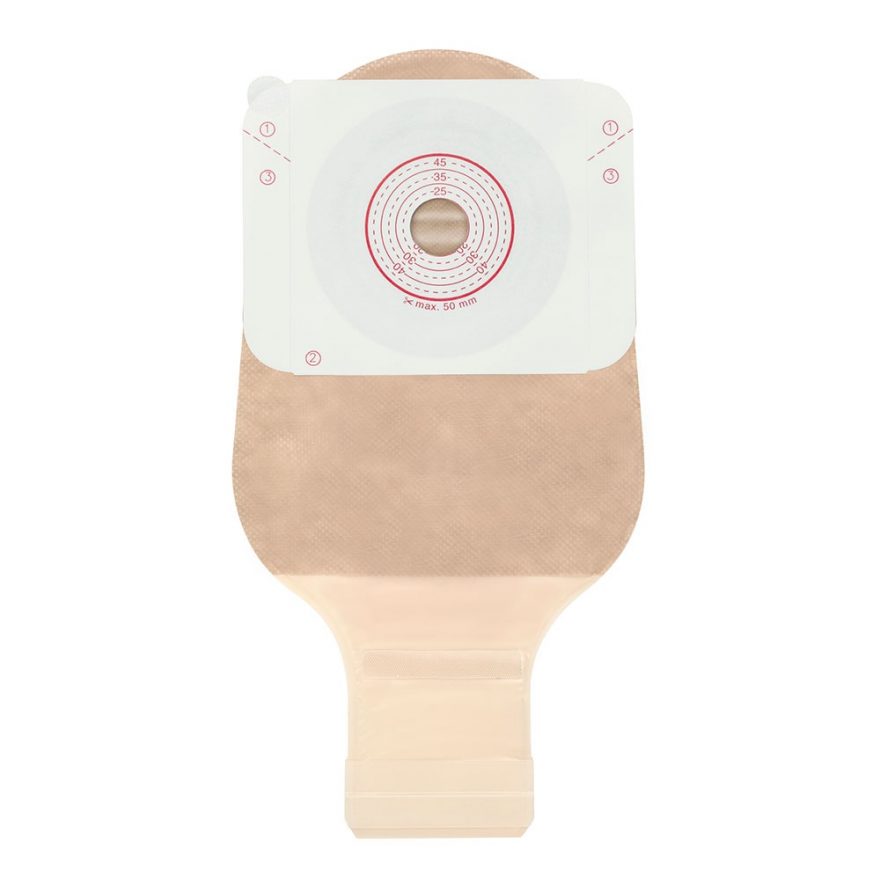There are several reasons why you may experience stomach cramps with an ileostomy, so it’s important to know the reasons why this happens and what to do about it if you do experience cramping. It’s always worth listening to your body, if somethings hurts it’s usually an indicator that something is wrong. We all get stomach cramps from time to time, but it needs to be taken seriously if you have a stoma. People with all types of stomas can experience stomach cramps, but those with an ileostomy need to be especially careful of blockages.
Bowel obstructions known as blockages, can often be the root cause of stomach cramps and as they tend to happen quickly for those with an ileostomy it can be quite alarming! Certain foods can often be the culprit in causing issues with a blockage and stomach cramping, but cramping may also be caused by inflammation, scar tissue (adhesions) or twisting of the intestines.
Blockages:
Blockages are also known as a bowel obstruction and can happen in both the large and small intestine, therefore affecting people with both colostomies and ileostomies. Blockages for those with a colostomy happen slowly and gradually over a few days which initially leads to signs of constipation, whereas for those with an ileostomy, it can happen very quickly and without any warning signs.
For all ostomates experiencing a blockage, it is a serious medical condition as it can lead to pain and dehydration, so you should seek help from you GP or stoma care nurse if the blockage does not resolve within 6 hours. Especially if your symptoms become severe and you start experiencing muscle cramps in your stomach which increase in intensity, and/or vomiting or dehydration. If ignored, it could turn into an emergency with which further surgery may be required.
With a bowel obstruction it is possible to experience either a partial or complete blockage of your bowel. The sign of a partial blockage is when a small amount of liquid is able to make its way around the blockage, resulting in a very watery/mucus output from your stoma which is usually offensive smelling. You may experience tummy cramps, some possible swelling of your tummy and in severe cases nausea/vomiting. A complete blockage is when nothing can get past the blockage and as a result there is no output at all from your stoma! This then causes swelling of the tummy and stoma, severe cramping and leads to nausea/vomiting.
Recognising the signs of a partial or complete blockage can help you to act fast. Here are some of the most commons signs that you are experiencing a blockage in your bowel or stoma:
- Not passing many stools or passing watery stools
- Bloating and swelling in your tummy
- Tummy cramps
- A swollen stoma
- Nausea/vomiting or both
- Dry mouth/lack of urine
How does it happen?
When you have an ileostomy, a blockage in your bowel can develop quickly and can happen as simply as eating foods which have been undigested. A blockage then develops when the undigested food is preventing stool passing through the intestine in the usual way. Try to stick to the recommended foods with an ileostomy and always chew your food carefully before swallowing.
Abdominal adhesions are another reason for you to develop a blockage with an ileostomy. Adhesions are bands of tissue which form attachments between abdominal tissue and organs, similar to an internal scar. They are a result of the body’s normal healing process and they can develop between the first 3-5 days of the healing process. They may become larger and tighter as time passes causing problems years after surgery. Unfortunately, with adhesions, several organs may adhere to each other causing traction or the pulling of nerves, creating pain. Adhesions can kink, twist or pull the intestine out of place and prevent flow through the digestive tract.
Recommendation for early stages of obstruction:
If you suspect you may have an obstruction/blockage with your stoma: try avoiding solid foods for a while but increase the amount of fluids you are drinking. Choose fresh fruit juices in addition to water and hot tea. Sometimes carbonated drinks may help. Massage your tunny around the area and also your stoma to try and encourage the blockage to work its way out. Lie on the floor, on your back and roll from side to side with your knees up to your chest. Try a hot bath for 15-20mins to help relax the muscles in your tummy. Its important to keep moving as this will help with digestion.
If you think there is a chance your stoma could be blocked you should contact your GP or stoma nurse immediately, or call 111 as there is a risk of your bowel bursting (perforating)
Tummy bugs:
For people with a stoma there is the same chance of catching a tummy bug like anyone else. If you are experiencing a profuse amount of loose, offensive smelling stools and are experiencing tummy cramps try to keep well hydrated and rest. Often with a tummy bug, you may develop a slight temperature and feel generally washed out and fatigued. Keep an eye on your peristomal skin which surrounds the stoma to make sure it does not get sore during this time.
You may also find you are emptying or changing your pouch a lot more than usual, try to drink plenty fluids to rehydrate you during this time. Often flat cola- cola or other sugary drinks and a packet of salted crisps can replace the salts and sugars you may lose initially. You may need to take re-hydration sachets if the diarrhoea persists. If you usually use a closed stoma pouch, you may find changing to a drainable pouch easier to manage until the loose stools settle. This will also help to protect your skin.
Tummy bugs will pass in a couple of days and you will return to normal output. If you are worried and that you may becoming dehydrated and need to speak to someone, contact your GP or local Stoma Care Nurse for support and advise.
Pouchitis:
Pouchitis is when an internal (ileoanal) pouch becomes inflamed. It is a common complication for those who have an ileo-anal pouch. Symptoms are usually diarrhoea/looser than normal stools, which are often bloody, tummy cramps and a hight temperature. Contact your GP and you will usually be given a course on antibiotics.


Drainable Midi Alginate
View the product

